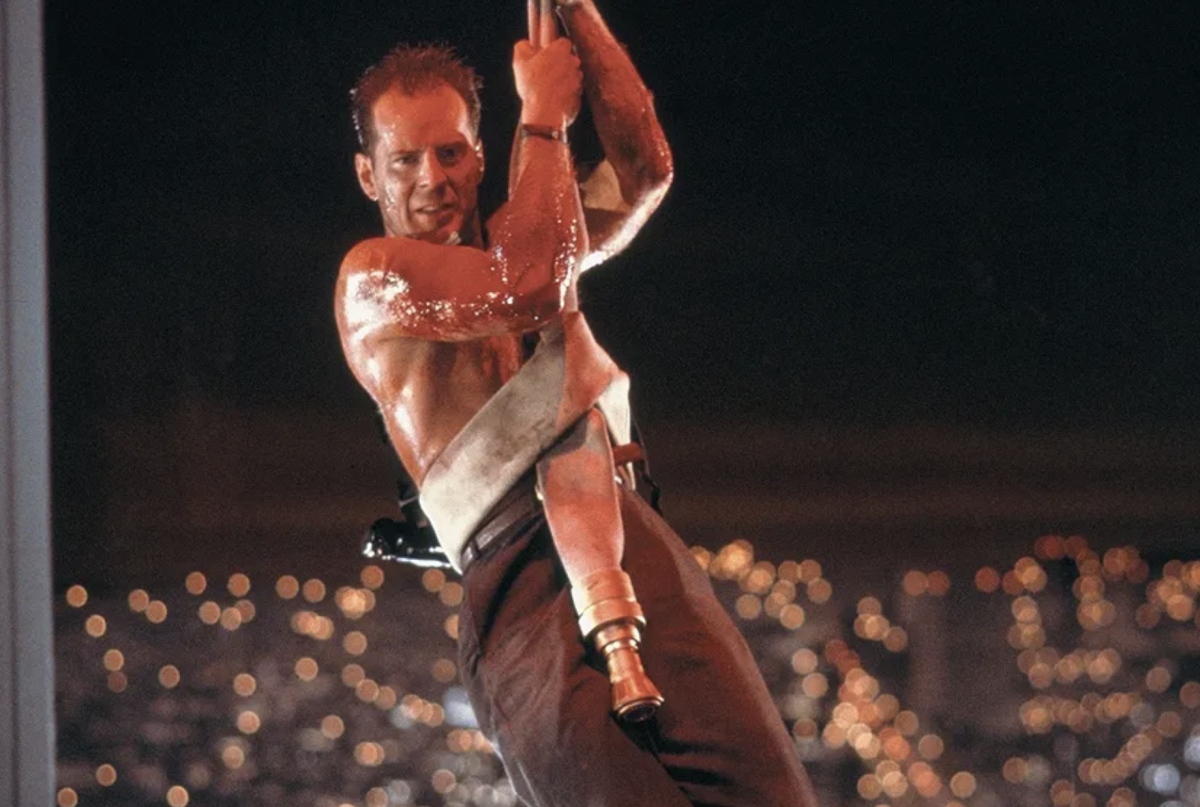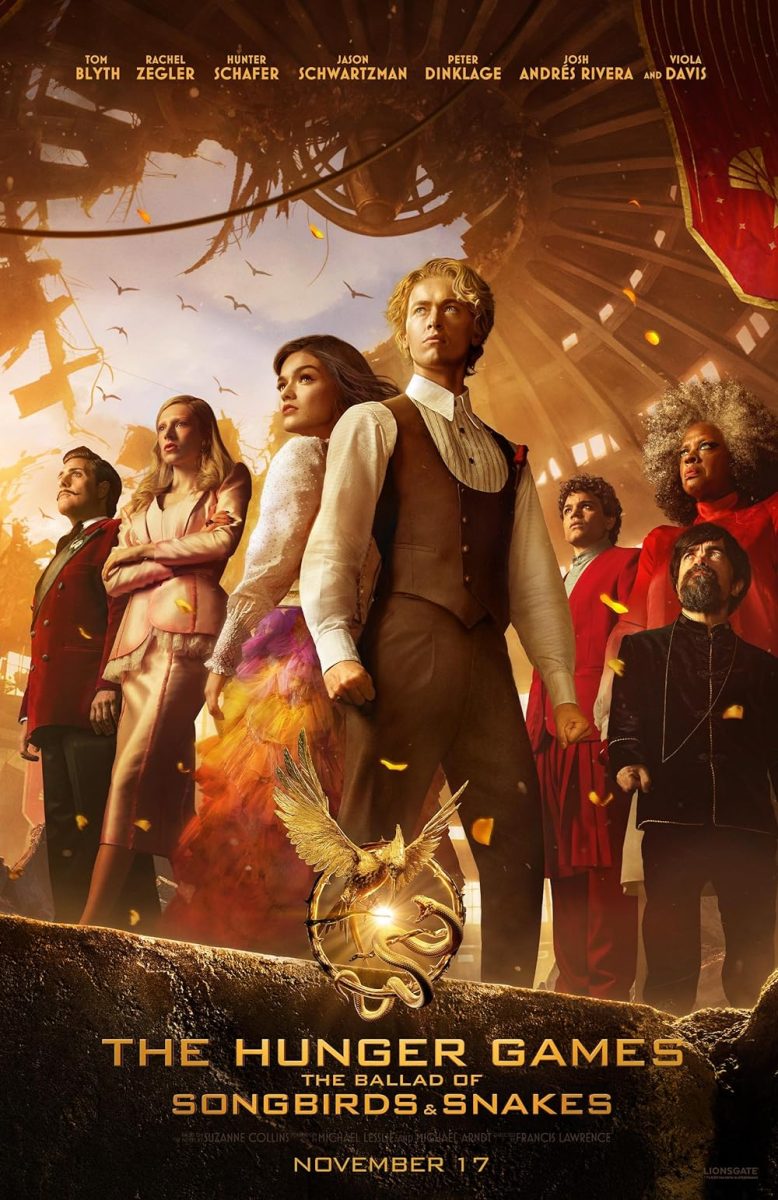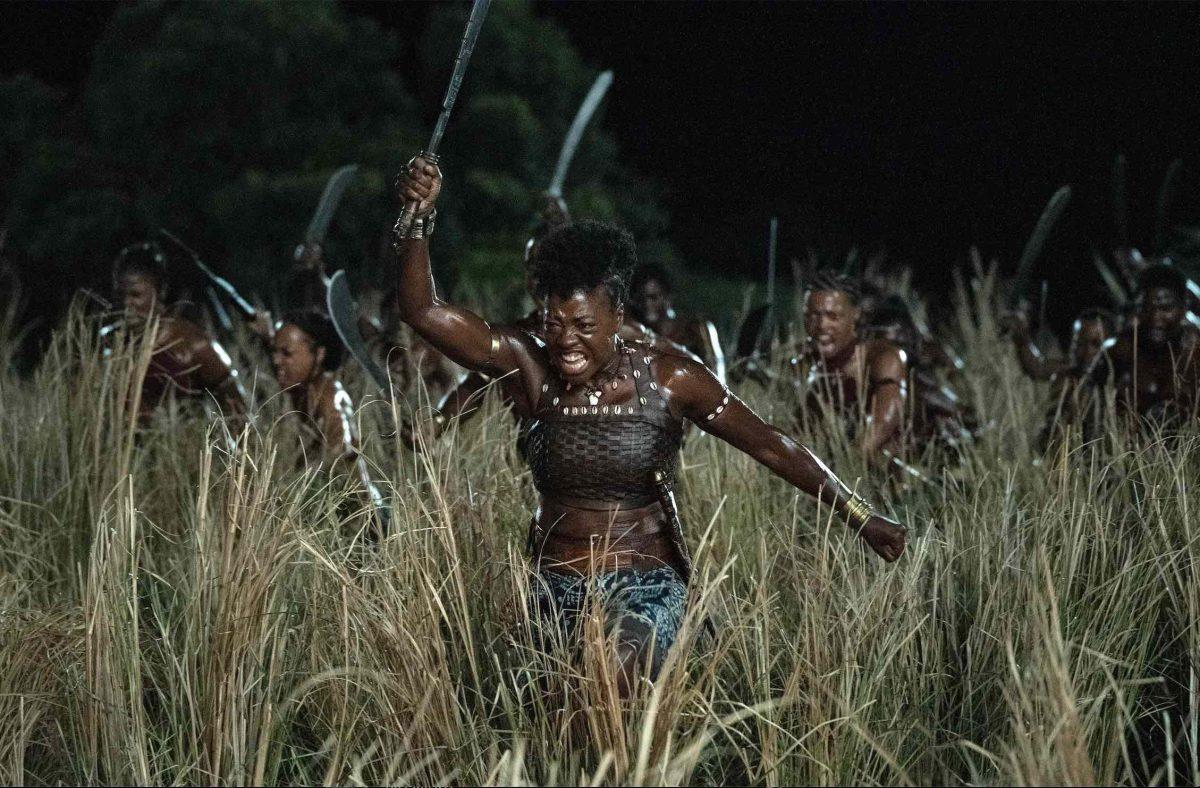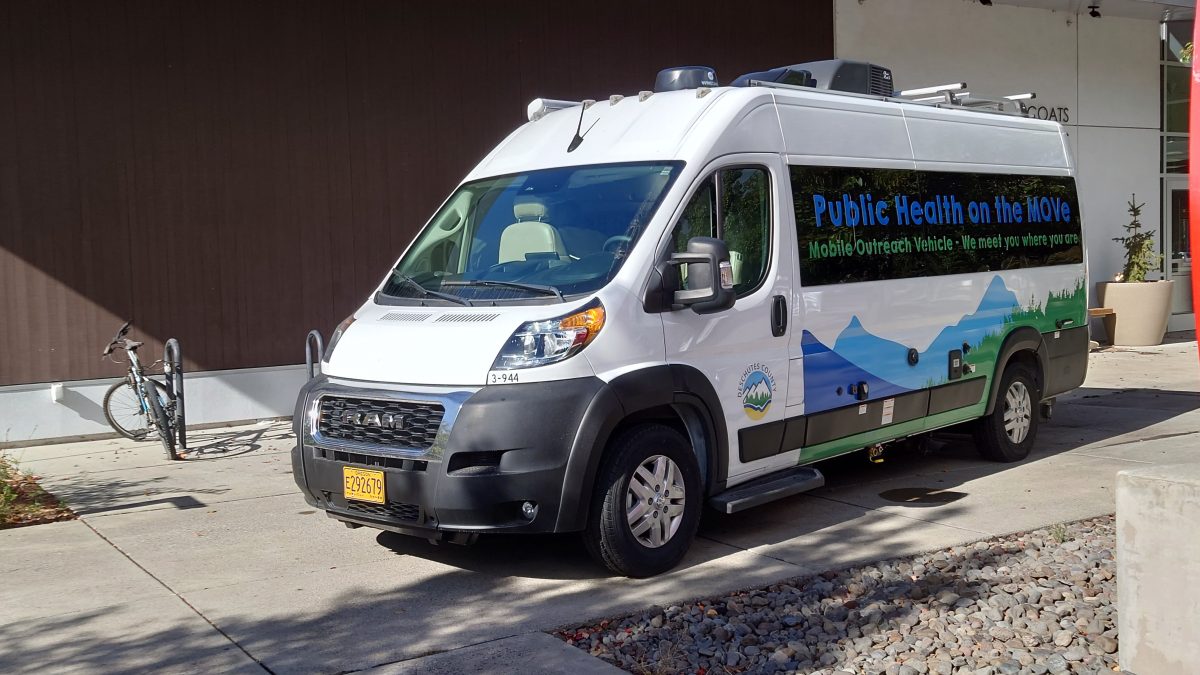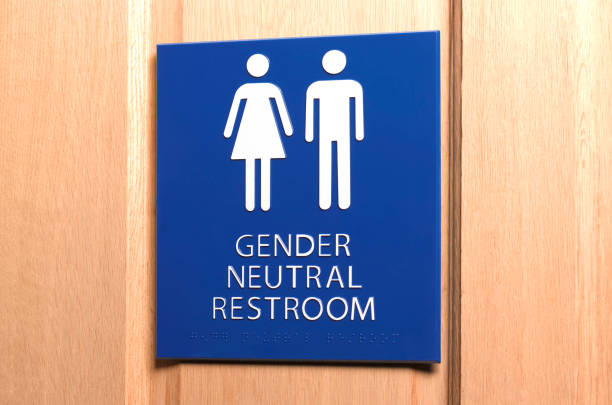Seth Root/For The Broadside
Since the beginning of COVID-19, the film industry has been struggling to make a profit. Studios have had to shelve their movie releases this year, along with having to let people go due to COVID-19. Even the movie theaters have been struggling to stay open and get a profit.
For months, movie theaters like Regal, Cinemark and AMC have been unable to open. This has caused significant problems for the big movie theater chains, which are billions of dollars in debt.
To make matters worse for the big movie chains, Warner Brothers announced last Thursday that their 2021 film slate would debut on HBO Max, which is their streaming service, on the same day as their films hit theaters.
“We’re living in unprecedented times which call for creative solutions, including this new initiative for the Warner Bros. Pictures Group,” said Warner Bros. CEO Ann Sarnoff.
“No one wants films back on the big screen more than we do. We know new content is the lifeblood of theatrical exhibition, but we have to balance this with the reality that most theaters in the U.S. will likely operate at reduced capacity throughout 2021.”
When Warner Brothers announced the news, AMC and Cinemark’s stock fell double digits.
AMC responded to Warner Brothers news by issuing a statement of their own.
“Clearly, Warner Media intends to sacrifice a considerable portion of the profitability of its movie studio division, and that of its production partners and filmmakers, to subsidize its HBO Max startup,” said Adam Aron, President of AMC Theaters.
“As for AMC, we will do all in our power to ensure that Warner does not do so at our expense. We will aggressively pursue economic terms that preserve our business.”
Christopher Nolan, who is the director of the recent movie Tenet, also commented on Warner Brother’s decision and criticized the studio for their lack of transparency.
“Some of our biggest filmmakers and movie stars went to bed the night before thinking they were working for the greatest movie studio,” said Nolan.
“Instead, they woke up to find out that they were working for the worst streaming service.”
Some film critics and journalists are now speculating that this could be the end of the movie-going experience.
One such article had a headline that said, “movie theaters are not dying-they are being murdered.”
Tony Russell, a Central Oregon Community College professor of the Humanities, thinks this rhetoric is a little overblown.
“There has been a lot of prognostications about how X thing is going to kill the theater, said Russell.
“This would have been the same argument as television killing the movie theaters. You know, they said that once we show movies on T.V., there would be no reason for people to go to the theaters, but that didn’t happen.”
That does not mean, though, that the big movie theaters won’t take a hit.
“There will probably be fewer people going to the movie theater this year because, at the end of the day, there are some movies that I don’t mind watching on my phone, and hence, the movie theaters will probably lose some money,” said Russell.
“However, I don’t want to see a “Ford v Ferrari” on my phone. I want to see that film in a theater because I want it to be huge. I want it to hear these cars with enormous horsepower in the theater.”
From Warner Brother’s perspective, having their 2021 film slate debut on HBO Max might be the most cost-efficient.
However, Christopher Nolan denied this to be the case. He was adamant that the plan put forward by Warner Brothers makes little sense.
“Warner Bros. had an incredible machine for getting a filmmaker’s work out everywhere, both in theaters and in the home, and they are dismantling it as we speak,” said Nolan.
“They don’t even understand what they’re losing. Their decision makes no economic sense, and even the most casual Wall Street investor can see the difference between disruption and dysfunction.”
It’s too soon to tell whether or not the movie-going experience will die. Still, one thing is for sure, according to Russell, there won’t be as many stories told this coming year due to COVID-19.
“There’s always a filmmaker with a story that they want to tell, and with all these lockdowns, those stories are not being told. The films produced by the big filmmakers are fun in the sense that they are an escape,” said Russell.
“But they’ve never been great at telling the stories that would give us a greater breadth of understanding about the people around us. I fear that those films are not being made right now, but these stories are what advances the art of filmmaking.”





